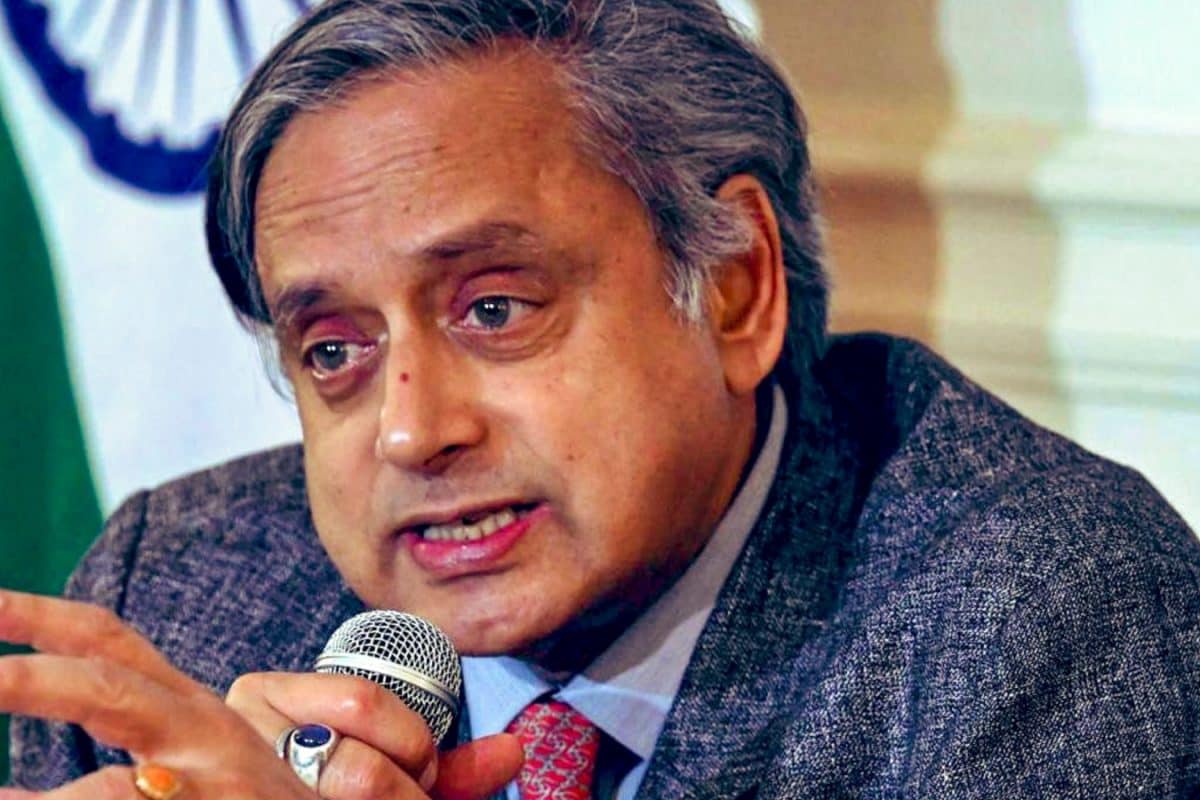

Amid escalating trade tensions between India and the United States, a parliamentary panel on external affairs, headed by Congress MP Shashi Tharoor, convened to review the current state of India-US trade relations, particularly in light of recent tariff hikes imposed by the Trump administration. The meeting, held on Monday, August 11, 2025, involved briefings from representatives of the Ministry of External Affairs (MEA) and the Ministry of Commerce & Industry.
The primary focus of the panel was to assess the implications of President Trump's decision to double tariffs on Indian imports, bringing the total duty to 50 percent, among the highest levied on any American trading partner. This move, justified by the White House as a response to India's continued purchase of discounted Russian oil, has been described as the sharpest rupture in US-India trade relations in decades.
During the briefing, the MEA conveyed that the US decision to impose secondary sanctions had placed India in a geopolitical contest not of its making. Despite the erosion of trust, India remains committed to engaging constructively with the US through dialogue and mutual respect. The ministry has also criticized the US and the European Union for targeting India over Russian oil imports, pointing out that they both continue to trade with Russia.
Shashi Tharoor, responding to the 50% tariffs, stated that India must safeguard its own interests. He suggested that India should also raise tariffs on American goods to 50% in response to the US imposing an additional 25% duty on Indian exports. He emphasized that no country should be allowed to threaten India in this manner.
India is reassessing its market access offers to the United States, as American trade negotiators are scheduled to visit later this month. Despite the increased tariffs, India remains optimistic about finalizing a bilateral trade agreement this month. However, India maintains its firm stance on agricultural and dairy market access, considering them non-negotiable. Prime Minister Narendra Modi has explicitly stated his commitment to safeguarding the interests of farmers and the dairy sector. The United States is seeking expanded market access for its agricultural products, including corn, soybean, apples, almonds, ethanol, and dairy items.
The panel was also informed that about 55 percent of India's merchandise exports to the United States would be covered by the new tariff. Goods trade between the United States and India was worth about $87 billion in the last fiscal year. Despite the challenges, trade talks between the two countries are expected to continue, with a US trade delegation scheduled to visit New Delhi from August 25 to August 30. However, President Trump has dismissed any prospects of trade talks with India until tariff-related concerns are addressed.
The current situation highlights the precarious nature of crafting an economic partnership with a mercurial Trump administration that has freely used high tariff rates to try to bend the world to its will. Some experts believe that the 50 percent tariff gambit has revealed less about Indian vulnerability than about Indian resilience. Modi's government has the scale, economic diversity, and geopolitical reach to absorb short-term shocks and adapt.